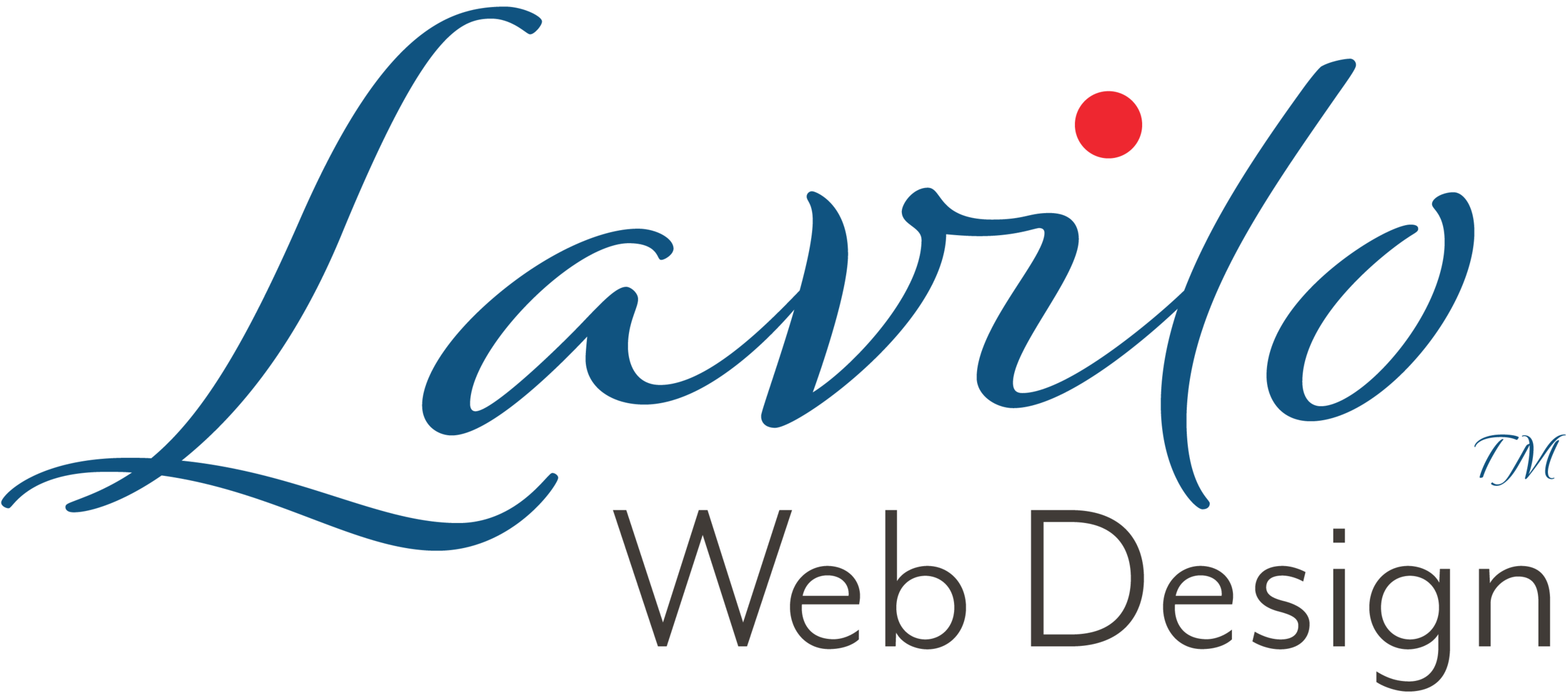How to Find Your Business's X-Factor
Knowing your company’s X-Factor frees up an incredible amount of energy you can reinvest in making your strengths even stronger.
When I first heard the expression "finding your X-Factor," I thought it referred to a SciFi superpower. As it turned out, that wasn't the case.
However, in a business context, knowing your X-Factor can turbocharge your company's growth.
What Sets You Apart?
In a world with abundant options, when customers decide to buy from you, they have made up their minds about the reasons to choose you over your competitors.
Theoretically, the reasons could be many. In reality, however, customers select a business for only one or two reasons. Perhaps the company treated them with respect and integrity or went out of its way to find creative solutions. If that firm does any of these things exceptionally well, it is probably winning many contracts.
However, few companies understand what sets them apart in the eyes of their customers.
If they knew this X-Factor of their business, they would enjoy a durable competitive advantage that can lead to faster growth and higher profits.
Defining Your Business's X-Factor
Answering four fundamental questions is often sufficient to define the X-Factor of a business.
What are you good at? Ask your customers for feedback on your business's strengths and weaknesses. Some strengths may align with how you view yourself, but not all. Look for hidden talents and shortcomings.
What do you love to do? Suppose your customers recognize your bookkeeping skills. You may be really good at it in their eyes. But what if bookkeeping doesn't excite you? If you don't love bookkeeping and you are not passionate about it, you won't devote the time necessary to improve your skills to a level that makes you excellent in your job.
What is your industry's biggest frustration? Every industry has its frustrations. These are problems customers complain about most often, such as service technicians not showing up on time, trades cutting corners, or uninformed sales reps pushing for a contract signature. Speak with your customers and find out what frustrates them most. You can also read customer comments on review sites. They give you an idea of what customers expect but don't get.
What are you willing to do that your competitors won't? Your success hinges on your willingness to go above and beyond. That doesn't require you to work harder but smarter. Invest in training, tools, and technology in areas your competition ignores.
Based on your answers, find the best combination of your strengths and your passion that will address your industry's biggest frustrations in a way your competitors won't do. That's your business's X-Factor.
freeing Up Energy
Knowing your company's X-Factor focuses your resources—money, staff, and time—on what makes your firm stand out.
It also helps you minimize the time spent on topics that don't make much difference.
That focus frees up an incredible amount of energy you can reinvest in making your strengths even stronger.
Perhaps, in the eyes of your competitors, the resulting growth may seem like you had superpowers after all.












